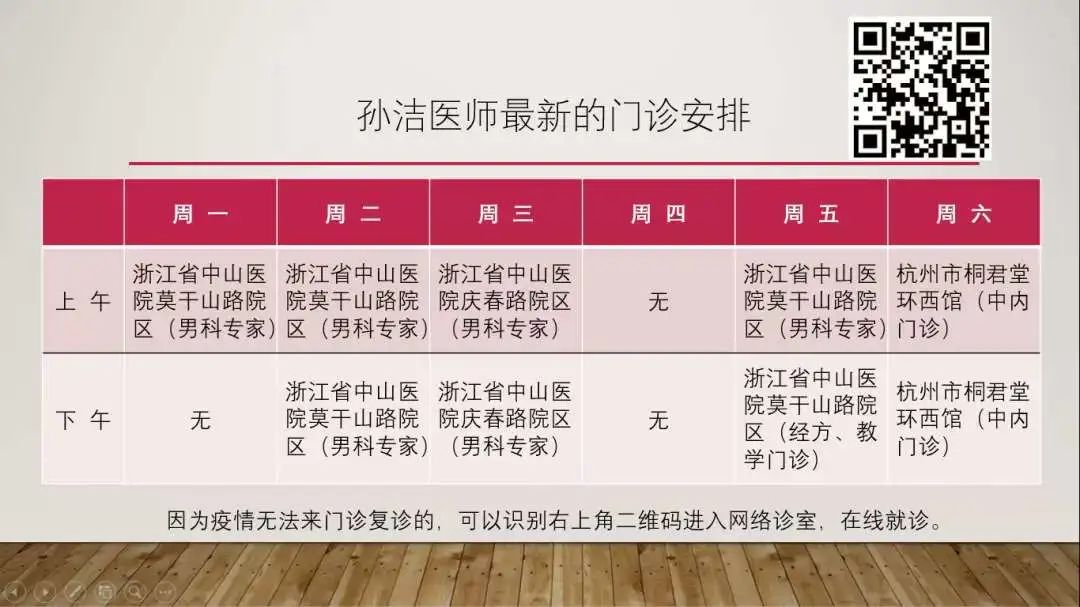
Hello everyone, welcome to learn Traditional Chinese Medicine (TCM) from the beginning. I am Sun Jie from the Third Affiliated Hospital of Zhejiang Chinese Medical University. Today, we will continue to learn about other abnormal sounds in TCM diagnosis, specifically including eructation, sighing, sneezing, and borborygmi. Let’s take a look at each one.
Eructation, in ancient times, was also called “噫” (yī), which consists of the character for mouth on the left and a character meaning ‘meaning’ on the right. It is also pronounced as eructation. So, if you see this character in ancient texts, you will know it refers to eructation. What is eructation? It refers to the sound of gas rising from the stomach and being emitted through the throat. Think about it, have you ever experienced eructation? Yes, the typical eructation occurs after a hearty meal. It is caused by an excess of food and drink in the stomach, which prevents the stomach qi from descending, causing it to rise and be expelled through the throat. Normally, this food should be processed and transformed, so a few eructations are not a problem.
At this point, you should understand that the basic pathogenesis of eructation is the rising of stomach qi, which is a typical manifestation of stomach qi rising. Therefore, it should be discussed alongside vomiting and hiccup for a more complete understanding. However, if we did that, this lecture would only cover sighing and sneezing, which is too little content, so we have reorganized it based on the amount of content.

Returning to eructation, since it is a manifestation of rising stomach qi, does that mean that any reason causing the stomach qi to not descend and rise could lead to eructation? The stomach is responsible for receiving and digesting food, so the most common cause of rising stomach qi is food-related. Normally, after eating, a few eructations are not considered a problem. However, if the food is not digested and becomes stagnant, that is a problem. In this case, the eructation has specific characteristics: the gas has a foul odor, specifically the sour and rotten smell of undigested food. This is because the stagnant food obstructs the stomach, often accompanied by a feeling of fullness in the chest and abdomen.
If eructation is not closely related to eating, but the sound is loud and frequent, and there is often a feeling of fullness in the abdomen, which is relieved after eructation, what could be the cause? Fullness and relief after eructation indicate a excess condition. What is the pathogenic factor causing this? An excess condition must have a pathogenic factor. This situation is often due to liver qi invading the stomach, leading to stagnation of qi. When liver qi reverses and invades the stomach, it causes the stomach qi to rise, resulting in eructation. This eructation is often related to emotional changes.
These are all excess conditions of eructation, and there are also deficiency conditions. Since eructation is a manifestation of rising stomach qi, the deficiency condition is mostly due to weakness of the spleen and stomach. It often presents as a low-pitched eructation without the sour and rotten food odor, and it is less related to emotional changes. Additionally, appetite may not be good, and food may not taste good, which we refer to as poor appetite. Sometimes, due to mismanagement of sweating, vomiting, or purging, leading to stomach deficiency and rising qi, frequent eructation may occur, which we call persistent eructation.
In addition to deficiency and excess, there are also cold and heat conditions. Cold entering the stomach can cause rising stomach qi and eructation; if stomach heat is not cleared, it can also cause rising stomach qi and eructation. Those with cold-induced eructation often prefer warmth and dislike cold, and the gas expelled usually has no odor. In contrast, those with heat-induced eructation prefer coolness and dislike warmth, often having a good appetite, and the gas expelled may have a foul odor or there may be halitosis.

Now, let’s look at sighing. The term sighing means a large breath, but it actually refers to the act of sighing. A large breath is essentially a sigh, so some say that sighing is a sound of emotional distress. When emotions are repressed, a sigh can feel relieving. Therefore, sighing reflects the disharmony of qi within the body, indicating an imbalance of heart qi and a manifestation of liver qi stagnation. Frequent sighing is a characteristic symptom of liver qi stagnation.
Sneezing occurs when lung qi surges upward to the nose. A sneeze reflects stagnation of lung qi and obstruction of the nasal passages. The most common cause is an external invasion of wind-cold, commonly known as a cold. If a cold persists for a long time without improvement, but sneezing suddenly resumes after a period of absence, with no worsening of other symptoms, this indicates that the pathogenic factor is being expelled, and the condition is improving.
Finally, let’s examine borborygmi. Borborygmi refers to the sounds made by the intestines. How do we know the intestines are making sounds? The heart is separated from the abdomen, so the sounds we can observe are the sounds of the abdomen, which we refer to as abdominal rumbling. The term “rumbling” refers to the sound of water flowing, originally meaning water seeping down, later extended to mean the sound of water flowing down. Therefore, this sound is not particularly loud. A similar sound is borborygmi, which is a louder sound. If the sound of borborygmi is even louder, it is called abdominal thunder, meaning the sound in the abdomen is as loud as thunder, which is much louder than the previous sounds.

Now that we have clarified the common expressions of borborygmi, let’s look at the main conditions associated with it. If the sound of borborygmi is in the epigastric region, it sounds like a bag filled with water that makes noise when moved, which is called like a bag of liquid, vibrating with sound. In this case, walking or palpating may cause the sound to move downward. This indicates that phlegm and fluid are retained in the stomach.
If the sound of borborygmi is in the abdominal region, it may worsen with cold or hunger, and improve with warmth or food, indicating a deficiency condition, representing insufficient middle jiao.
If the sound of borborygmi is like thunder in the abdomen, this indicates obstruction of the intestines by pathogenic factors. If dampness is the main pathogenic factor, it presents as fullness in the epigastric region and loose stools. This is because dampness obstructs yang qi, and excess dampness leads to loose stools. If cold is the main pathogenic factor, it presents as abdominal pain, cold limbs, and vomiting. Cold is constricting, and when the meridians are obstructed, it causes pain. When yang qi is constricted and obstructed, it leads to cold limbs and vomiting. Analyzing this further, if wind is the predominant pathogenic factor, it leads to urgent diarrhea with abdominal distension and pain, which decreases after defecation. If heat is the main pathogenic factor, the pathogenesis is complex, leading to vomiting, sourness, and urgent diarrhea, all of which belong to heat, presenting as abdominal thunder and urgent diarrhea.
Now, we have completed all the discussions on diagnostic methods using the ear. In the next lesson, we will discuss the use of the nose in olfactory diagnosis. Thank you all for listening, and see you next time.
Submission Note: The “Learn TCM from the Beginning” public account is operated by a small group of TCM enthusiasts dedicated to the study and promotion of TCM. We welcome contributions from all TCM enthusiasts. Any articles related to the study and application of TCM are welcome. After acceptance, we will share your ideas through our public account and other social media platforms to reach more TCM lovers. Let’s learn TCM together from the beginning and help more people understand TCM!
Submission Email: [email protected]


END

